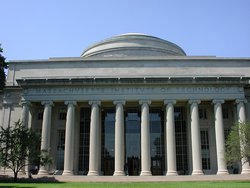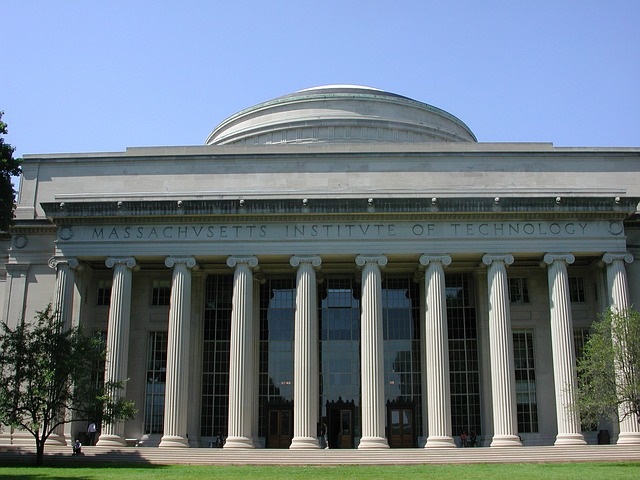
Oct. 16, 2018
By: Michael Feldman
The Massachusetts Institute of Technology is investing $1 billion dollars to create a new AI-Centric College of Computing that is being cast as the Institute’s “most significant structural change since 1950.”
 The new Stephen A. Schwarzman College takes its name from the chairman, CEO and co-founder of Blackstone, a global investment firm that has $440 billion in assets. Schwarzman earned naming honors by donating $350 million as a foundational gift for the College. MIT raised an additional $300 million, bringing the current funding to $650 million. Further fundraising is being pursued in anticipation of the $1 billion total.
The new Stephen A. Schwarzman College takes its name from the chairman, CEO and co-founder of Blackstone, a global investment firm that has $440 billion in assets. Schwarzman earned naming honors by donating $350 million as a foundational gift for the College. MIT raised an additional $300 million, bringing the current funding to $650 million. Further fundraising is being pursued in anticipation of the $1 billion total.
Apparently, Schwarzman is a big fan of AI and believes it will be the kind of transformational technology that will reshape every sector of economy. “There is no more important opportunity or challenge facing our nation than to responsibly harness the power of artificial intelligence so that we remain competitive globally and achieve breakthroughs that will improve our entire society,” said Schwarzman. “We face fundamental questions about how to ensure that technological advancements benefit all — especially those most vulnerable to the radical changes AI will inevitably bring to the nature of the workforce. MIT’s initiative will help America solve these challenges and continue to lead on computing and AI throughout the 21st century and beyond.”
The new College is being set up to restructure MIT, not just its current computer science department, but other areas of study as well. The current Department of Electrical Engineering and Computer Science (EECS), as well as the Computer Science and Artificial Intelligence Laboratory (CSAIL), the Institute for Data, Systems, and Society (IDSS), and the MIT Quest for Intelligence are all expected to be folded into the new College. There will still some ties between EECS and the School of Engineering, but AI will now be linchpin for all computer science studies. More generally, the College is also being designed as “the connective tissue for the whole Institute,”, integrating AI with all other areas of study, including the humanities, social sciences, and business.
One of the main thrusts of this effort will be to bring AI’s ethical considerations into the conversation – not just for computer scientists, but by all those who will be affected by its application. Given some of the dire warnings about artificial intelligence issued by respected names like Elon Musk and the late Stephen Hawkings, and the general sense that AI will eliminate or transform a majority of today’s jobs, such considerations would now seem to be an essential area of study.
“Computing is no longer the domain of the experts alone,” said MIT President L. Rafael Reif. “It’s everywhere, and it needs to be understood and mastered by almost everyone. In that context, for a host of reasons, society is uneasy about technology — and at MIT, that’s a signal we must take very seriously. Technological advancements must go hand in hand with the development of ethical guidelines that anticipate the risks of such enormously powerful innovations. This is why we must make sure that the leaders we graduate offer the world not only technological wizardry but also human wisdom — the cultural, ethical, and historical consciousness to use technology for the common good.”
Of course, with CSAIL, its joint research partnership with IBM, and its other AI endeavors, MIT was already a well-established academic leader in artificial intelligence, not to mention computer science more generally. The new College though, makes the technology a central pillar of CS studies, rather than a specialized sideline. Essentially, it’s a recognition that artificial intelligence is now driving computer science, rather than the other way around.
To support all this, fifty new faculty positions are expected to be created over the next five years, half of which will be explicitly assigned to the College, and the other half to be shared with the other departments. The new College is slated be open for business in September 2019.
